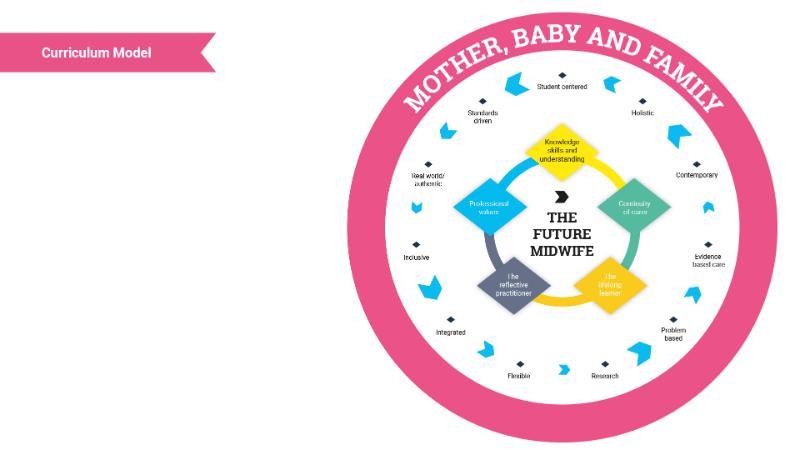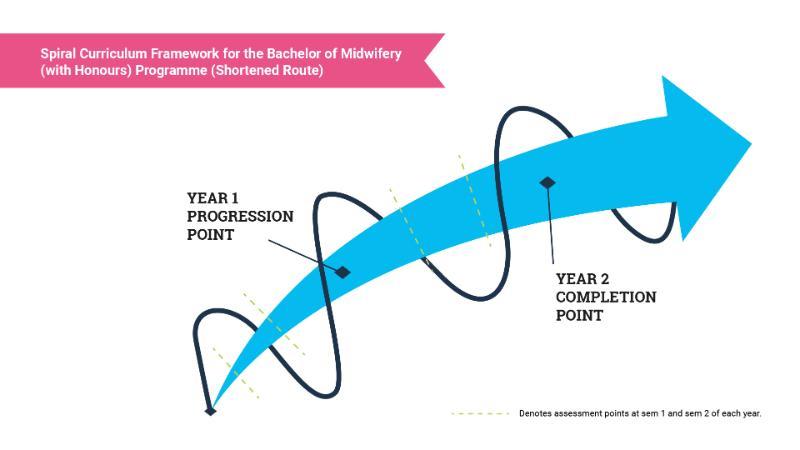You must have a minimum of three GCSEs at grade C/4+ or equivalent (e.g. Key Skills Level 2/ Learn Direct Level 2/ Functional Skills Level 2) in an English-based subject, Maths and Science (Science subject could be Biology; Physics; Chemistry; Psychology; Sociology; Health and Social care)
Please note we do NOT accept GCSE Short Courses or GCSE Equivalence Tests from other institutions or organisation
PLUS EITHER
- 120 UCAS points
- A Levels: grades BBB including a Social Science or Science subject (eg: Biology; Physics; Chemistry; Psychology, Health and Social Care, a Social Science or Sociology). Not including General Studies, Critical Thinking or Extended Project
- T Levels: Equivalent to 120 UCAS points or higher in Health or Healthcare Science
- BTEC Level 3 National Extended Diploma: at a DDM in a Health or Science subject
- CACHE Level 3 Technical Extended / Extended Diploma: at a B grade in a Health related subject
- Access to HE Diploma (60 credits): of which a minimum of 45 must be at Level 3 (120 UCAS point equivalence, minimum 30 credits at distinction) in a Health or Science subject. If applying with an Access course you only need GCSE Mathematics and English Language at grade C/4 or above or accepted equivalent. You are not required to hold three GCSEs in total and GCSE Science is not required
- Undergraduate or Postgraduate Degrees (also required to hold a relevant Level 3 Science or Social Science qualification)
- Foundation Degrees / HND / HNC (also required to hold a relevant Level 3 Science or Social Science qualification)
Use the UCAS Tariff calculator to check your qualifications and points
We will accept a mix of A levels and BTEC etc. but these must be at the appropriate standard as stipulated on the webpage.
Applicants who hold an unrelated HNC, HND, Foundation Degree or Degree (BA, BSc, etc.) are also required to hold a relevant Level 3 Science or Social Science qualification.
Evidence of digital literacy and technological literacy capability will be determined by successful completion of your application.
If you've got other qualifications or relevant experience, please contact The Gateway for further advice before applying.
Please note:
Unfortunately we are not able to accept advanced entry onto this course.
Other Requirements
Applicants will also be required to provide satisfactory personal statement and reference (academic or employer).
Those meeting the entry requirements may be shortlisted for interview.
Read further information regarding interview preparation
Previous Study
Please note we will not accept applicants onto our professional courses who have been unsuccessful on professional courses at other institutions of higher education
Additional Information
Good health and good character are fundamental to being a midwife, and consequently all midwifery students must have a Disclosure and Barring Service (DBS) Check. Professional courses are exempt from the Rehabilitation of Offenders Act 1974, and all previous convictions, cautions etc. must be declared. You will also require satisfactory health clearance. As students will undertake exposure-prone procedures as part of their training they will be required to have additional screening for HIV, Hepatitis B and Hepatitis C.
Free Disclosure and Barring Service (DBS) and Occupational Health Check:
Due to the professional nature of some of our courses you may also be required to complete a Declaration of Health and Disclosure and Barring Service (DBS) Check. We will coordinate both of these non-academic conditions with you should your course require this and you receive an offer from us
There will be no cost for the DBS this is free to applicants who have secured an offer and have chosen to study at the University of Wolverhampton.
Placements
During the Midwifery course you will be required to attend placements. When you are asked for your choice of placement area we will endeavour to meet your request however we must emphasise that this cannot be guaranteed and therefore you must ensure you are able to travel to the final placement area you are allocated.
New regulatory standards for midwives were approved by the Nursing and Midwifery Council in October 2019. The "Future Midwife" standards of proficiency and education set out the knowledge, understanding and competencies that midwives must have in order to safely and effectively practice in the UK. The University will be making changes to its midwifery programmes in light of the new standards and will be seeking approval from the NMC during 2020. We anticipate that the new programmes will run from September 2020/21, subject to NMC approval.
Don't have GCSE English and/or Maths? Take our Equivalency Assessments
We understand that not everyone is able to achieve GCSE Maths and English for a variety of reasons. Our equivalency assessments provide an opportunity for you to further your English and/or Maths skills ready for your studies, as well as being able to meet part of the entry requirements for many of our undergraduate and postgraduate courses. Our online equivalency assessments are free of charge and accepted as the equivalent to a GCSE for the majority of our courses, however applicants of Initial Teacher Training courses will need to sit an on-campus equivalency test which costs £35. Find out more about our equivalency tests.
Student Visa Requirements:
Applicants who require a student visa to enter the UK are not eligible to be considered for this course.
Skilled Worker Visa Requirements:
Applicants who are in the UK on a Skilled Worker Visa or are a dependent of a Skilled worker are not eligible to be considered for this course.


/prod01/wlvacuk/media/departments/digital-content-and-communications/images-18-19/iStock-163641275.jpg)
/prod01/wlvacuk/media/departments/digital-content-and-communications/images-2024/250630-SciFest-1-group-photo-resized-800x450.png)
/prod01/wlvacuk/media/departments/digital-content-and-communications/images-18-19/210818-Iza-and-Mattia-Resized.jpg)
/prod01/wlvacuk/media/departments/digital-content-and-communications/images/Maria-Serria-(teaser-image).jpg)
/prod01/wlvacuk/media/departments/digital-content-and-communications/images-2024/241014-Cyber4ME-Project-Resized.jpg)
/prod01/wlvacuk/media/departments/digital-content-and-communications/images-18-19/210705-bric_LAND_ATTIC_v2_resized.jpg)


